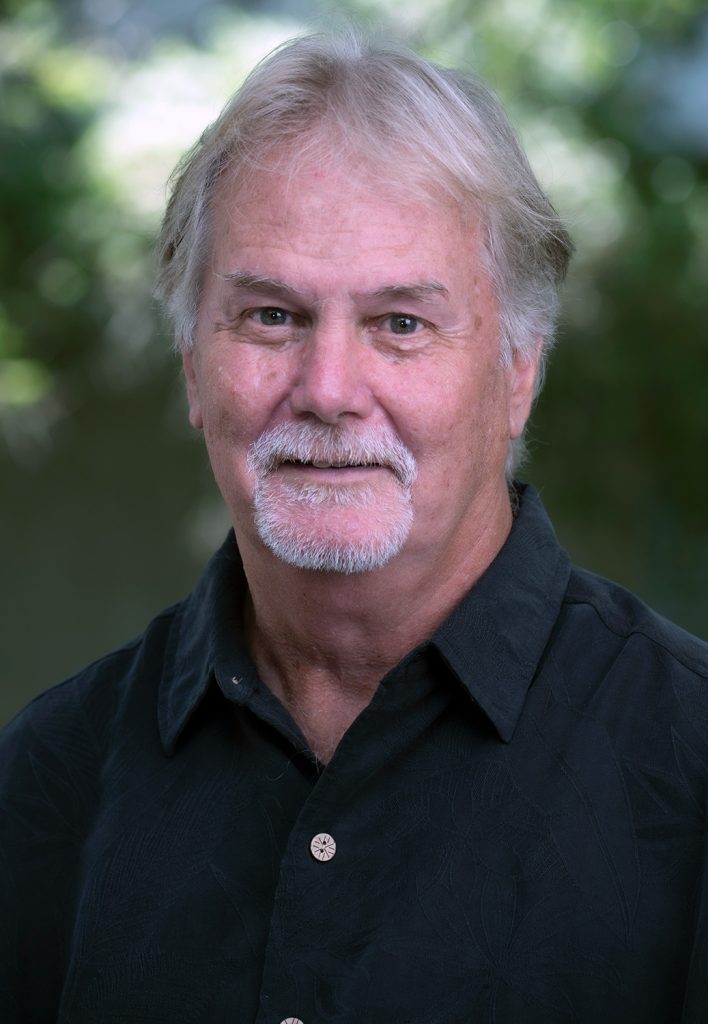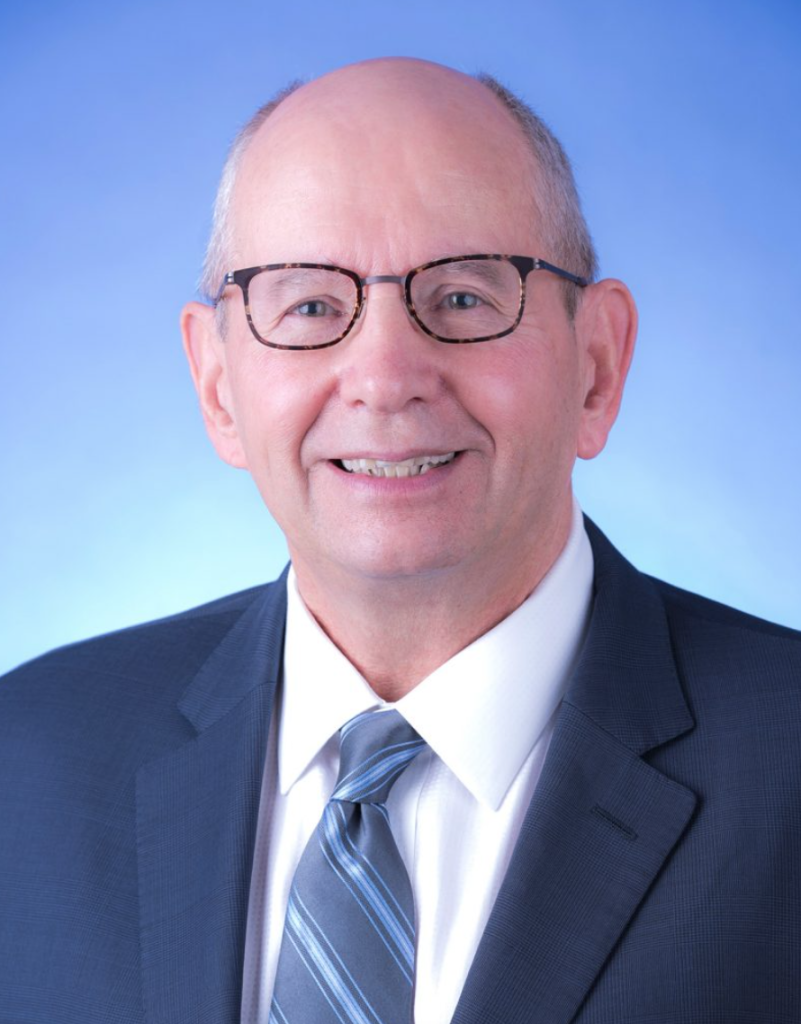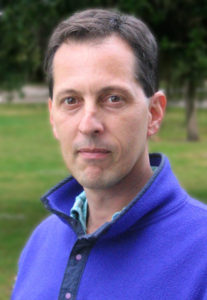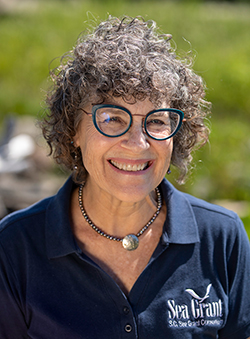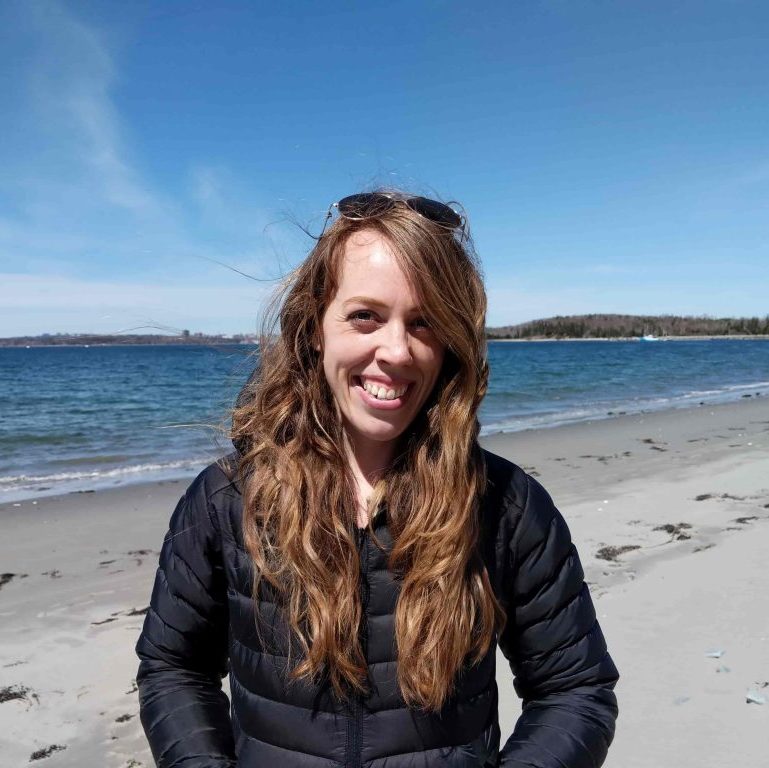Congratulations to the 2022 – 2023 Executive Committee! We are honored to be working with this talented group of individuals. The SECOORA Executive Committee plays an important role in sustaining our success. If you are interested in becoming a SECOORA member, click here. Please read the biographies below to meet the new Executive Committee.
Dr. Gary Mitchum, Chair
Professor Mitchum has been a faculty member in the College of Marine Science at the University of South Florida since 1996. Prior to coming to the USF, he was a faculty member in the Department of Oceanography at the University of Hawaii where he was also the Director of the University of Hawaii Sea Level Center. His interest in sea-level rise began there in the mid-1980s, and he remains especially interested in the study of 20th-century sea-level rise.
Professor Mitchum’s research focuses on the use of satellite and in situ data to study sea-level variations and climate change. In addition, he also works on a wide variety of problems in the general area of ocean physics, including ocean eddies, the El Nino phenomenon, internal tides, and various types of ocean waves.
He also has a long-standing interest in the application of ocean physics to improve our understanding of fisheries.Dr. Mitchum currently serves as the Associate Dean for Research for the college.
Please click here for Dr. Mitchum’s full biography.
Jim Murley, Vice Chair
James F. Murley was appointed the Chief Resiliency Officer for Miami-Dade County, which is a participant in the Rockefeller 100 Resilient Cities Program. In this position, he is responsible for securing the county’s fate over the next century as sea levels are expected to rise by at least one foot. He has also been tasked with making sure that the county is prepared for hurricanes, population spikes, and other sudden stresses. Murley was also recently appointed to the City of Miami Sea Level Rise Committee and has spent over 10 years with the Florida Atlantic University, where he oversaw research on urban and environmental issues. He is a founding Board member of the American Society for Adaptation Professionals and a Fellow at the National Academy of Public Administration.
Murley has served as the Secretary of the Department of Community Affairs, chaired the Florida Energy and Climate Commission, and served as the Executive Director of 1,000 Friends of Florida and the Executive Director of the South Florida Regional Planning Council. He is a former Vice-Chair of the Miami-Dade County Sea Level Rise Task Force and is a veteran of the planning side of government.
He has also served as Head of the Florida Department of Community Affairs and the Director of Florida Atlantic University’s Center for Urban and Environmental Solutions.
Please click here for Jim Murley’s full biography.
Dr. William Savidge, Secretary
Dr. William Savidge has been conducting oceanographic research at the Skidaway Institute of Oceanography since 2003. His research activities are concentrated on three themes: salt marshes and estuarine water quality, continental shelf oceanography, and ocean technology and instrument development. In all his work he has relied extensively on long-term autonomous in situ instrument deployments to gather data across a range of spatial and temporal scales.
Now semi-retired, Dr. Savidge began his oceanographic research career while still an undergraduate at Duke University. He holds a M.S. in Biological Oceanography from Oregon State University and a Ph.D. in Chemical Oceanography from North Carolina State University.
Please click here for William Savidge’s full biography.
Susan Lovelace, Treasurer
Dr. Susan Lovelace provides leadership and guidance for the agency and identifies the strategic directions for S.C. Sea Grant Consortium-funded research, education, and outreach. She also provides administration of the agency, updating State and Federal legislators, partners, and staff about agency activities.
She leads a multi-disciplinary staff as they work with researchers, businesses, communities, and organizations to sustain, appreciate, and wisely use the ecosystem services of the South Carolina coast while understanding and responding to the challenges and opportunities of changes in climate and land use.
Susan earned a Ph.D. in Coastal Resource Management at East Carolina University, a B.S. in Science Education also at East Carolina University and a B.S. in Zoology at North Carolina State University. She previously was S.C. Sea Grant Consortium’s Assistant Director for development and extension, and prior to this, she was manager of the Human Dimensions Research Program at the National Oceanic and Atmospheric Administration Hollings Marine Laboratory.
Please click here for Susan Lovelace’s full biography.
Evelien VanderKloet, At-Large
Evelien is the Senior Operations Manager for Ocean Tracking Network (OTN). She has a Masters in Resource and Environmental Management from Dalhousie where she focused on Coastal Ecosystem Management in Southwest Nova Scotia, in partnership with Parks Canada. Before joining OTN, Evelien spent several years doing advocacy work and project management for non-profits such as Amnesty International and Ecology Action Centre.
Evelien’s passion for adventure has led her to explore some of Canada’s wildest and most remote places. When not in the office, she can often be found hiking, paddling, or exploring the great outdoors.
Please click here for Evelien VanderKloet’s full biography.
Related news
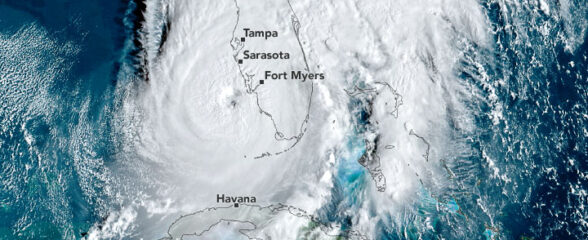
SECOORA Webinar on the Rapid Intensification of Hurricane Ian: Warm Subsurface Water on the Wide Continental Shelf
Join us Thursday, April 24th at 12 PM ET for the April installment of the SECOORA Coastal Observing in Your Community Webinar Series! This month, we will hear from Dr. Yonggang Liu from the University of South Florida. He will discuss his research on the rapid intensification of Hurricane Ian in relation to anomalously warm subsurface water on the wide...
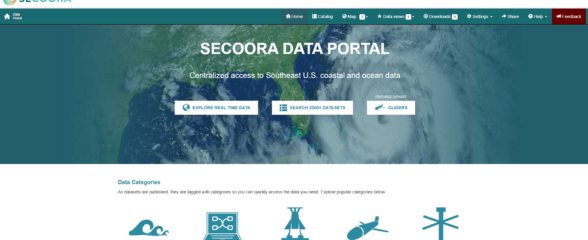
Webinar: SECOORA Data Portal Demo
Join us on Thursday, February 20, 2025 at 1:00 PM ET to learn more about the SECOORA Data Portal and how to navigate it. Axiom Data Science will be providing an overview of the portal, including how to search the Catalog and make a custom data view.
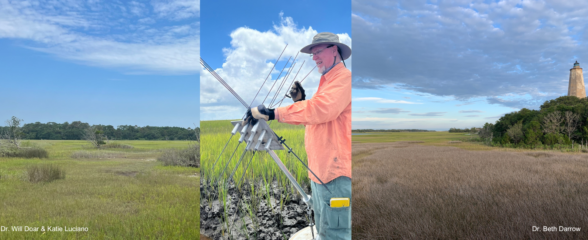
Meet the Winners of the Surface Elevation Table (SET) Call for Proposals
SECOORA hosted a request for proposals for the installation of new Surface Elevation Table (SET) stations or the reactivation of historic SET stations within the Southeast region. This opportunity covers the cost of materials and supplies for the stations. Meet the winners here!
